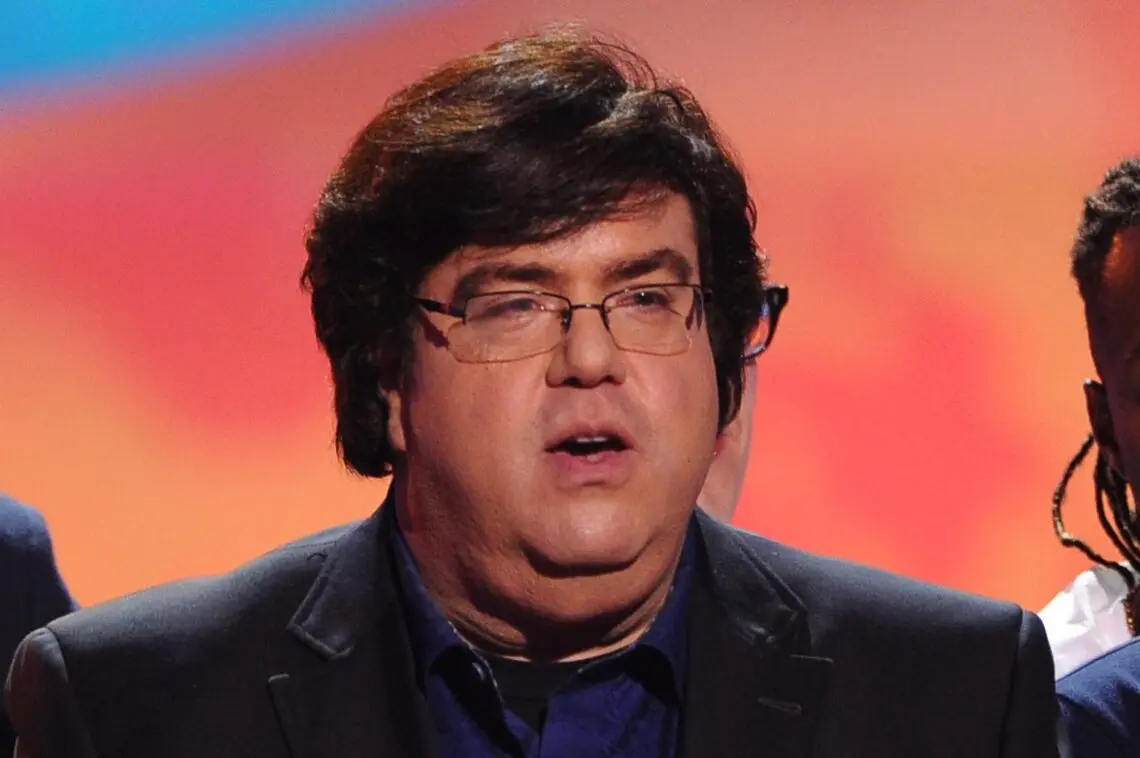A judge has allowed showrunner Dan Schneider to proceed with his defamation lawsuit over the documentary “Quiet on Set,” which delved into sexual misconduct at Nickelodeon.
Schneider, the creator of numerous Nickelodeon shows across two decades, called the documentary a “hit job,” saying it falsely suggested either that he was a sexual abuser or was aware that two sexual abusers had been hired on his shows.
In a ruling issued Friday, Judge Ashfaq G. Chowdhury found that Schneider’s claims are not frivolous, and that a “reasonable viewer” might conclude that the documentary makes “damning implications about his conduct.”
The judge denied a motion filed by attorneys for Warner Bros. and Sony, which had sought to throw out the suit under the state anti-SLAPP statute, which bars litigation intended to chill speech on matters of public concern. They argued that the documentary did not actually accuse Schneider of sexual abuse.
Popular on Variety Chowdhury wrote that Schneider’s lawyers had argued “persuasively that defamation can be implied, that the trailer and documentary state or imply Schneider sexually abused children who worked on his show and that Schneider was a child sexual abuser.”
“Quiet on Set: The Dark Side of Kids TV” was released in March on Investigation Discovery and Max. It drew on a 2022 Business Insider piece, which reported that Schneider engaged in volatile and bullying behavior on set, and that he created a “maddening, disgusting, controlling little bubble,” in the words of one former writer.
Some former staffers also complained of overly sexualized material, which they found inappropriate for young audiences.
Nickelodeon cut ties with Schneider in 2018 after an internal investigation into verbal abuse. The investigation found no evidence of sexual misconduct between Schneider and any child actors. Schneider has repeatedly denied many of the allegations, though he has also apologized for making people feel uncomfortable and for asking for neck massages on set.
The documentary delved into the cases of Brian Peck, a former dialogue coach on “The Amanda Show,” and Jason Handy, a former production assistant. Both were later prosecuted for child sex abuse.
In the lawsuit, Schneider alleged that the series juxtaposed him with both men, implying that he, too, is a sexual abuser or was in some way responsible for their conduct. Even without accusing Schneider of sexual abuse, the suit alleged that the show created a “defamatory implication.”
Attorneys for Warner Bros. and Sony, which distributed and produced the show, argued that Schneider was distorting what the documentary actually said, and that nowhere was Schneider accused of engaging in sexual abuse.
“The First Amendment prohibits stretching and extrapolating a broadcast’s content far beyond what was actually reported in order to find it untrue,” the attorneys wrote.
The judge initially indicated that he would side with the defense, finding that Schneider had failed to show that anything in the documentary was actually wrong.
“Plaintiff here did not submit any evidence as to the falsity of the alleged defamation,” the judge wrote in an earlier tentative ruling.
Schneider’s lawyers addressed the judge’s concern by submitting a declaration on Schneider’s behalf, in which the showrunner affirmed that he had “never sexually assaulted or sexually abused a child.”
“I have never done any of these horrific acts,” Schneider continued. “Any statement or implication that I did so is false, and I will testify at trial that any such statement or implication is false.”
That was sufficient for the judge to allow the litigation to proceed to the next phase.

 Italian
Italian







